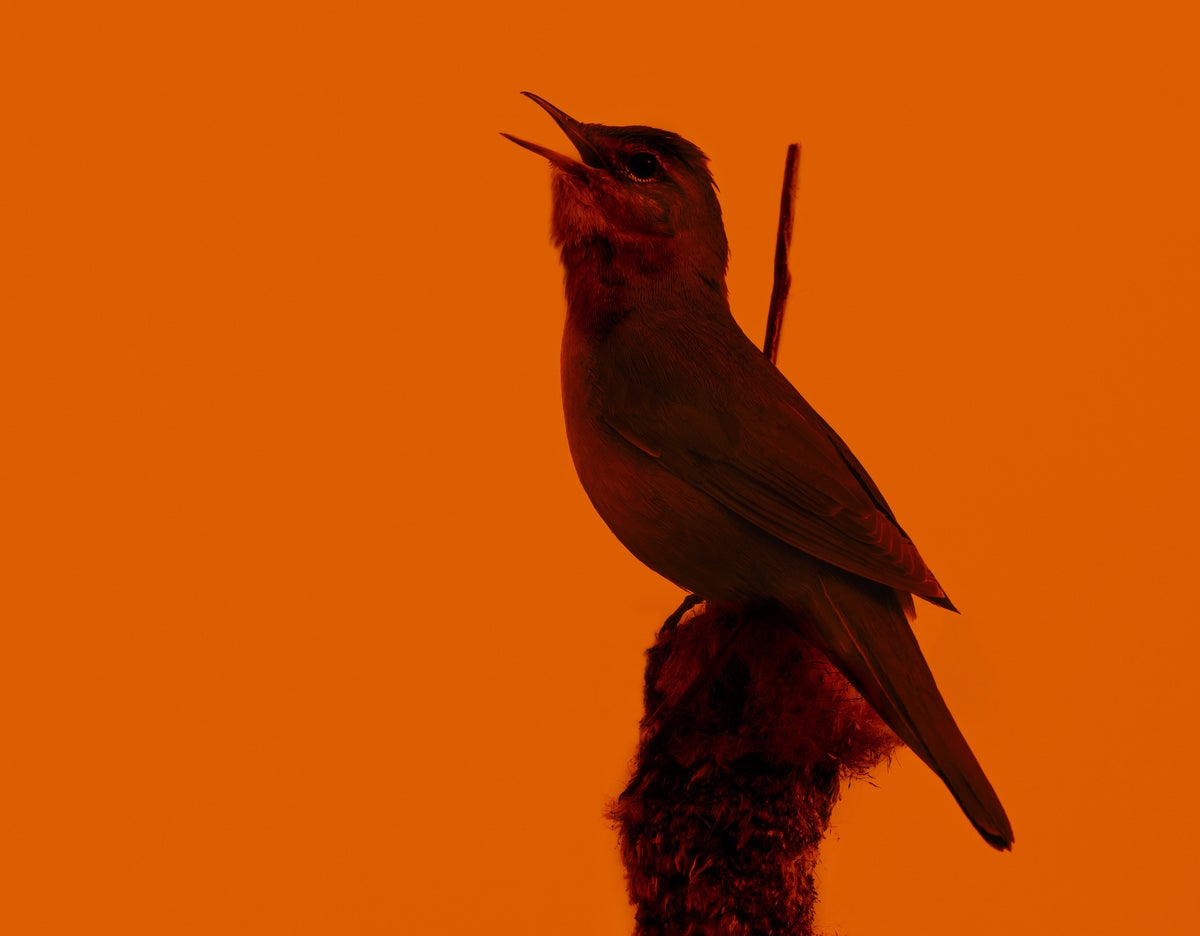
"When a total solar eclipse plunged North America into darkness on the afternoon of April 8, 2024, the songbirds in Bloomington, Ind., suddenly fell silent. In the middle of the forest, the only sounds biologist Kimberly Rosvall could hear were the croaks of nocturnal frogs and the distant howl of a coyote. But when sunlight returned after four minutes of night, the songs did, too, as hundreds of birds greeted the morning in unison with a cheerful dawn chorus."
"Together with her team at Indiana University Bloomington, Rosvall worked with hundreds of people to crowdsource information about how the solar eclipse altered the biorhythmic behavior of birds. The results, published today in Science, represent the largest effort yet to study such effects, and provide important information for developing conservation strategies against ecological threats such as light pollution, the authors say."
"Some observational reports suggest that birds sing as if dawn has returned when the sunlight comes back, while others show an increase in bird sounds during the darknessa discrepancy that could come down to some birds being more active at night and others being more active during the day."
A total solar eclipse caused daytime songbirds to fall silent and then resume singing in a synchronized dawn chorus when sunlight returned after four minutes. Biologists crowdsourced observations from hundreds of volunteers using a smartphone app to track how the eclipse altered bird biorhythms. The study represents a large effort to document species-specific responses, noting that some birds may become more active at night while others react as if dawn has returned. Findings indicate that even brief disruptions of natural light can reset daily patterns and can inform conservation strategies addressing ecological threats such as light pollution.
Read at www.scientificamerican.com
Unable to calculate read time
Collection
[
|
...
]